Once a Panther, always a Panther: Archer alumni continue their sports at the collegiate level
Photo credit: Kristin Keevins
College freshman Andrea Campos and her teammates come together in a huddle during a volleyball game. “During first semester we didn’t have a single practice altogether,” Campos said. “That was difficult for us, but I think our team did a good job of trying to arrange socially distanced activities outside to get to know each other.” Campos is a setter on the Villanova volleyball team.
May 31, 2021
From the East Coast to the West Coast, Archer alumni went off to college during a year pledged by COVID-19. Athletes who chose to continue their sport at the collegiate level spoke to the challenges and triumphs this past year has brought. They note the academic and athletic lessons that they learned at Archer that later helped them in college.
Archer alumni Nia Mosby who currently attends and competes for Princeton University, has participated in track and field since she was 12 years old. She ran track and field on and off the Archer team and competed in a range of races. During her time running track at Archer, she set multiple records when it came to race times. Mosby spoke to the difference in responsibility between the high school vs. the collegiate level.
“Playing in college has been different because your sport has a lot to do with your daily schedule and your daily life in and outside of school,” Mosby said. “At Archer, your sport is just an extracurricular activity but in college, it becomes a lifestyle.”
At Archer, your sport is just an extracurricular activity but in college, it becomes a lifestyle.
— Nia Mosby
Fellow alumna Andrea Campos has played volleyball since the fifth grade and was a member of Archer’s Varsity Volleyball team for three years. She now plays Division I volleyball at Villanova University and also noticed a difference in “intensity” in college sports.
“Playing at Villanova is definitely way more intense, play-wise, and it’s very competitive,” Campos said. “We practice Monday through Saturday, so we only have one day off during the week.”
College freshman Amelia Nathanson has been able to find a caring community at Chapman University, which reminds her of the community back at Archer. She especially found a “family” within her volleyball team in particular.
“When comparing Chapman to Archer, I can see that the atmosphere is very similar — it’s almost like a second family even though we haven’t had a lot of practices,” Nathanson said.
COVID-19 affected athletes across the fall, winter and spring seasons; some seasons were canceled while others were heavily restricted. At Villanova, Campos said that the pandemic hit fall sports the hardest.
“Typically we play in the fall, but this year they moved all sports to spring,” Campos said. “So, we now have had every single sport here playing in the spring, which has been super chaotic.”
Speaking of the transition into college athletics, Nathanson highlighted the “dedication” that helped the jump from high school to college. She committed a lot of time to volleyball in high school, which allowed her to learn all about hard work and time organization.
“Dedication was something I took from high school volleyball because of the discipline of starting practice early and preparing for the season, I would say it is something that has carried over to college for me,” Nathanson said. “It’s not just for volleyball, but also for preparing for tests and projects and overall having good organizational skills.”
According to Campos, Archer taught her many lessons that have helped her on and off the court in college, ranging from confidence to independence.
“The lessons I learned at Archer tie back to when I’m playing and I make mistakes, instead of worrying about the mistakes I simply focus on the present,” Campos said. “It [Archer] made me more independent in figuring things out for myself.”
Mosby and Nathanson echoed the fact that Archer allowed them to have “more trust” in themselves. In a new and big school, Mosby noted that it is easy to feel like you don’t have a voice, but Archer has allowed her to overcome this.
“Archer made me comfortable enough to reach out to my professors and reach out to students as well for help. Archer wasn’t a place where my voice didn’t matter and wasn’t heard but it was a place in which I was taught to advocate for myself and what I believe in,” Mosby said. “No matter what my environment…or situation is I will always be able to speak up for myself, and that’s all thanks to Archer.”




![Freshman Milan Earl and sophomore Lucy Kaplan sit with their grandparents at Archer’s annual Grandparents and Special Friends Day Friday, March 15. The event took place over three 75-minute sessions. “[I hope my grandparents] gain an understanding about what I do, Kaplan said, because I know they ask a lot of questions and can sort of see what I do in school and what the experience is like to be here.](https://archeroracle.org/wp-content/uploads/2024/03/grandparents-day-option-2-1200x800.jpg)
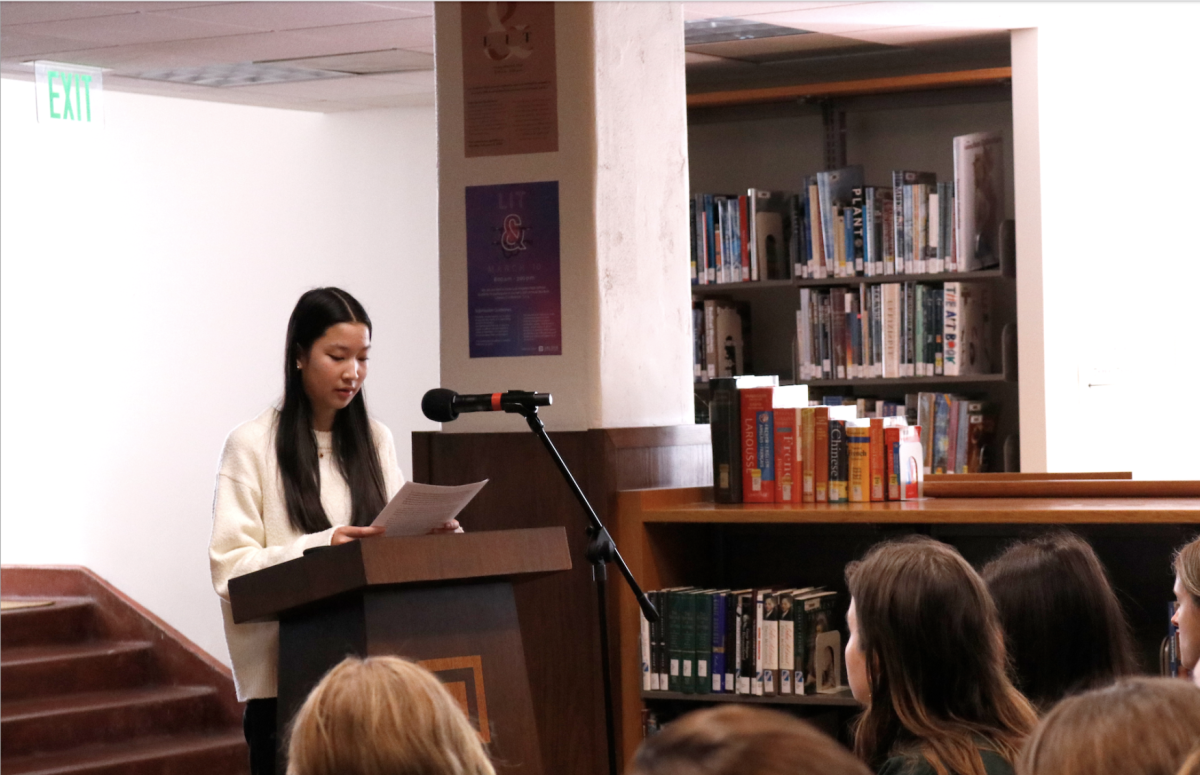










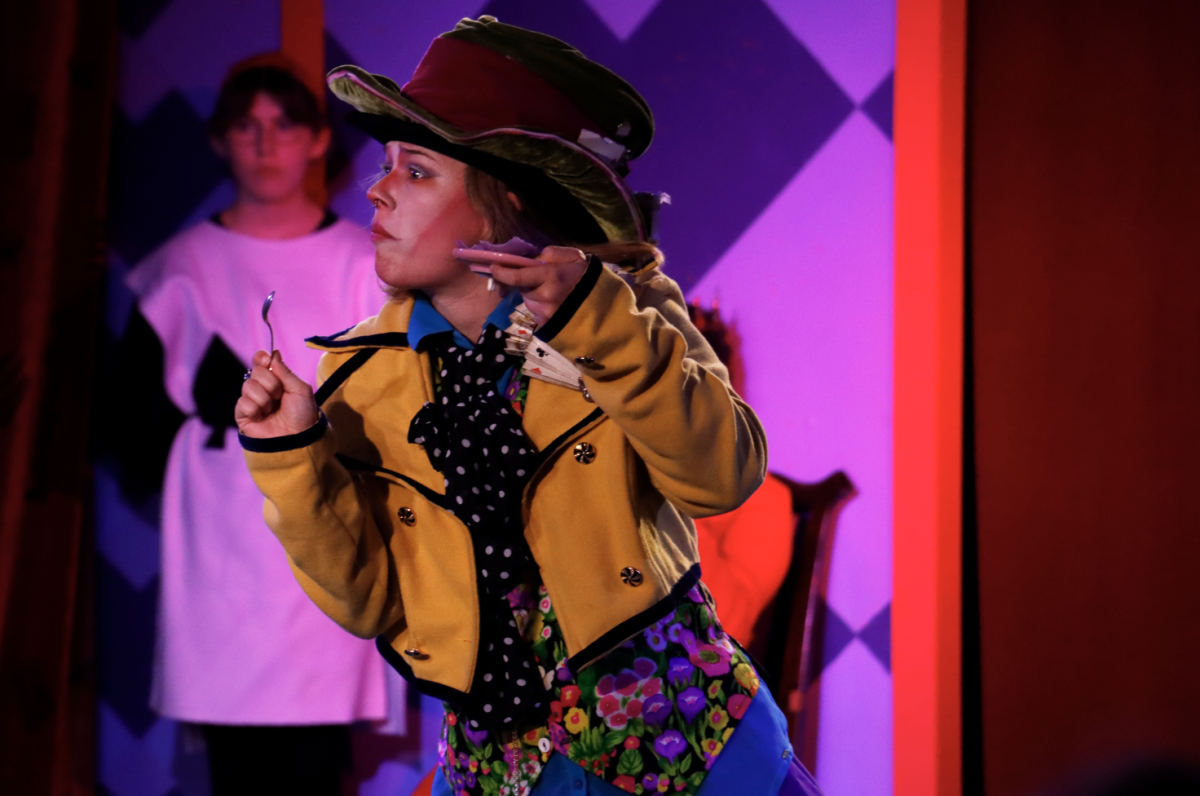
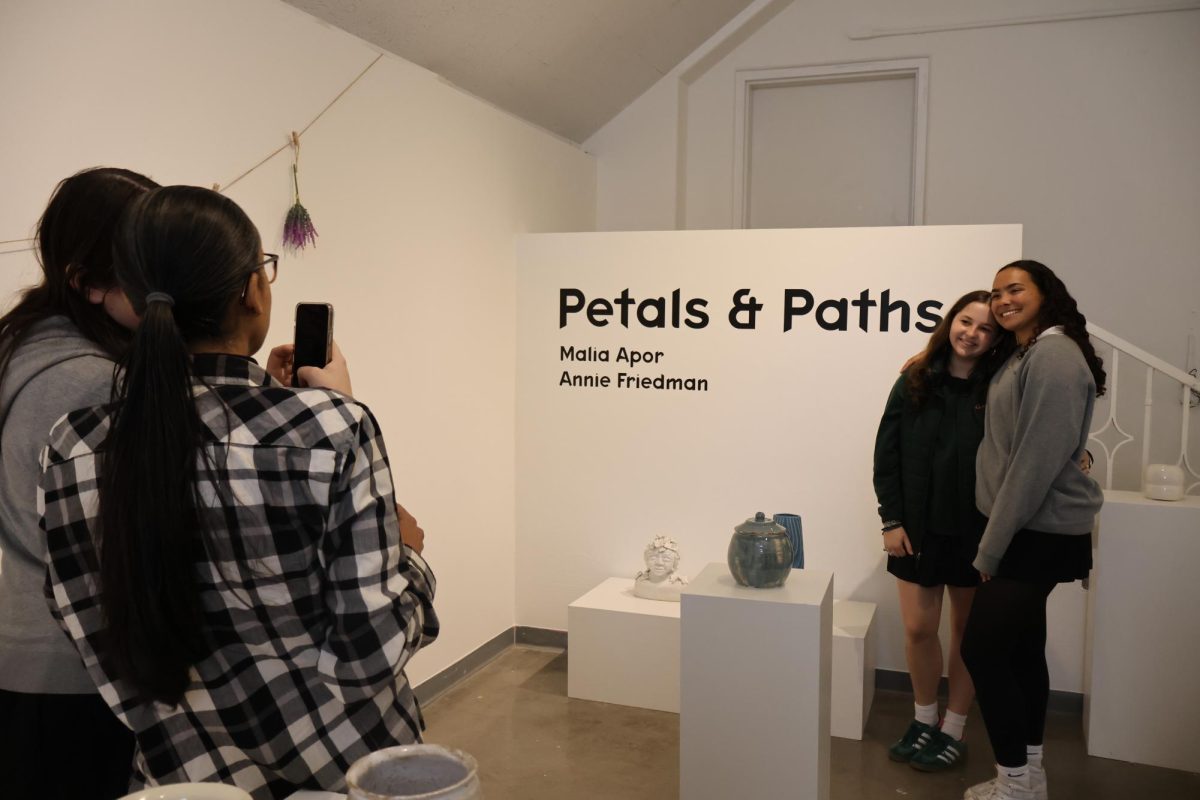







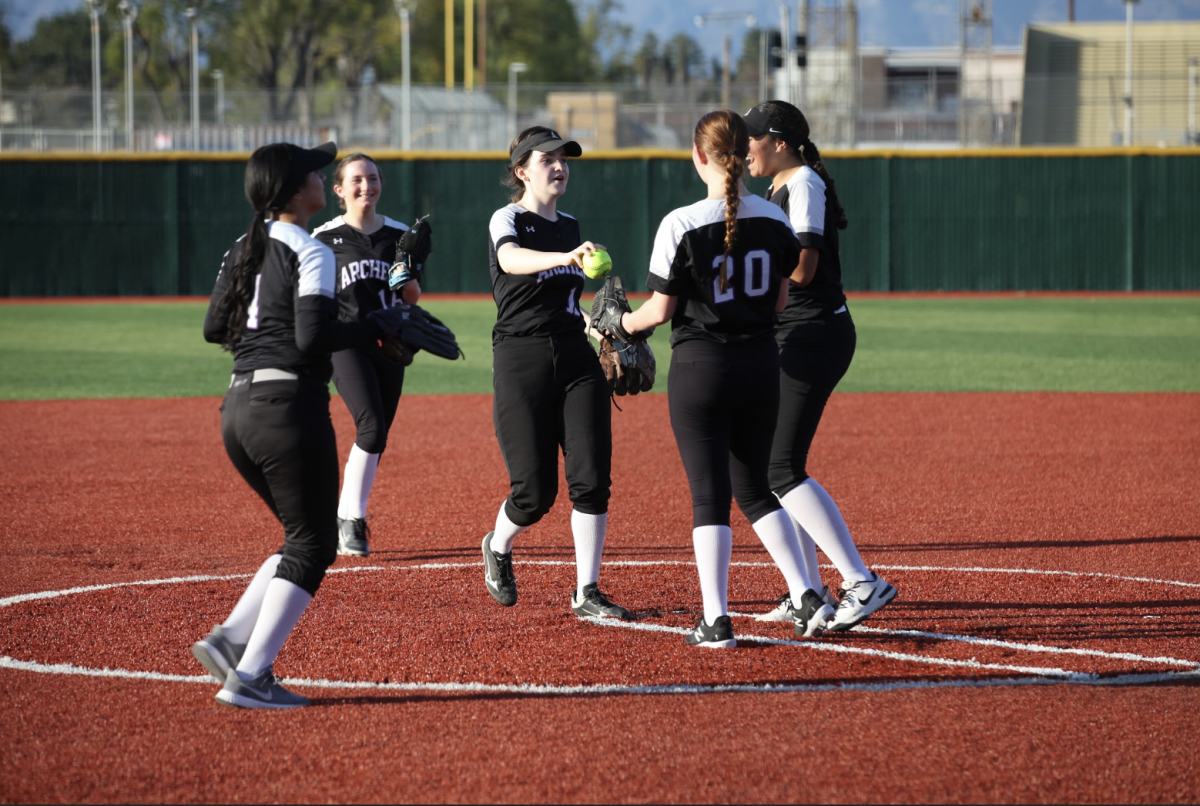
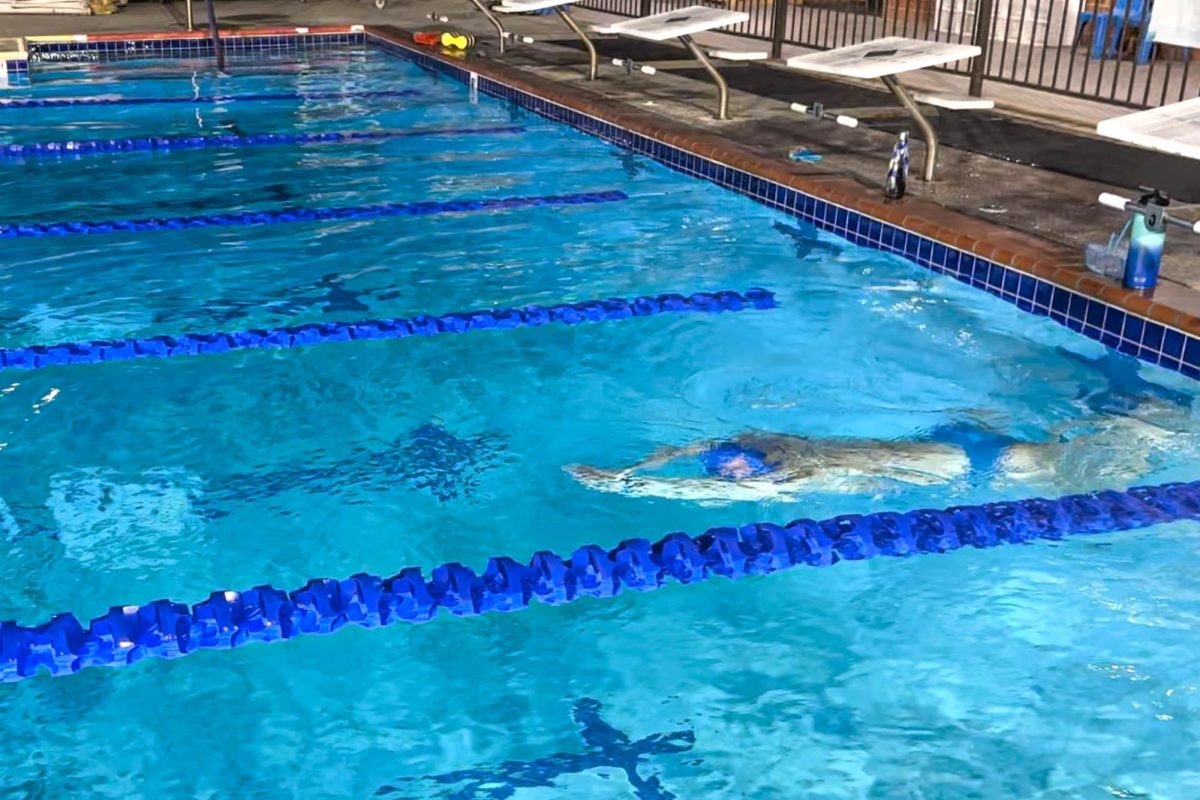














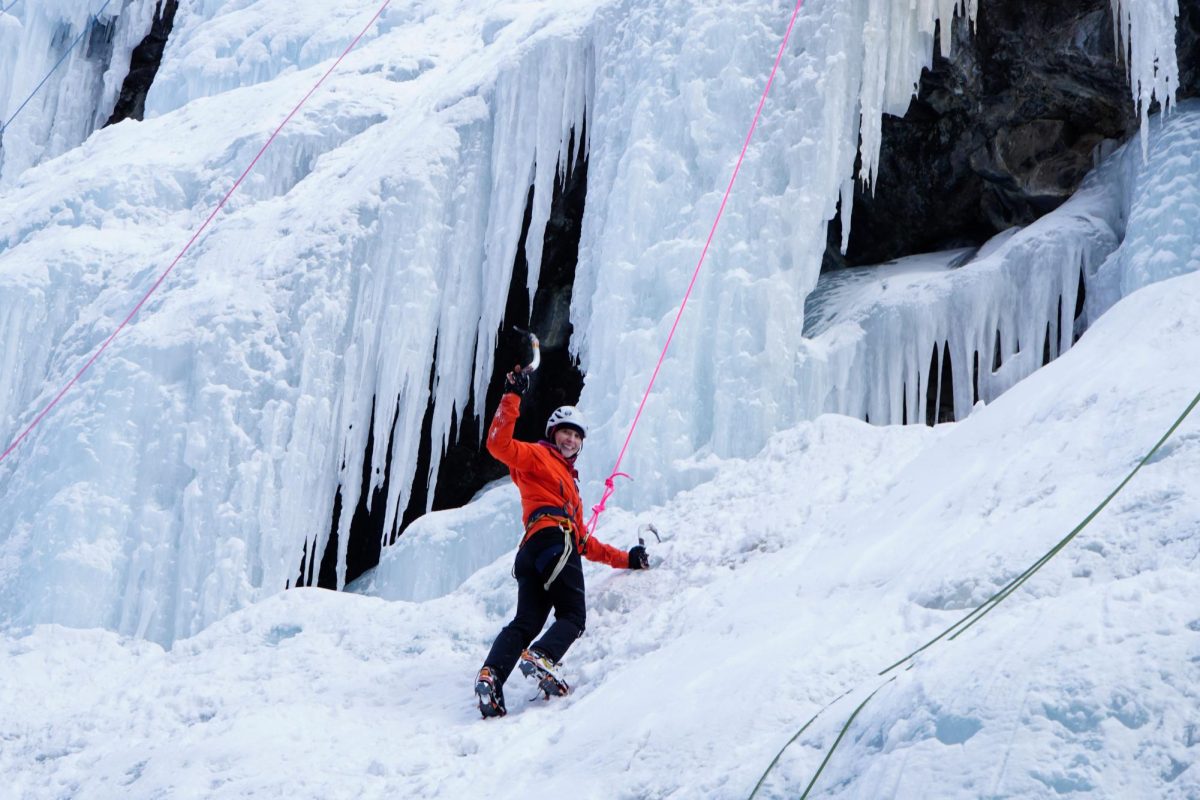









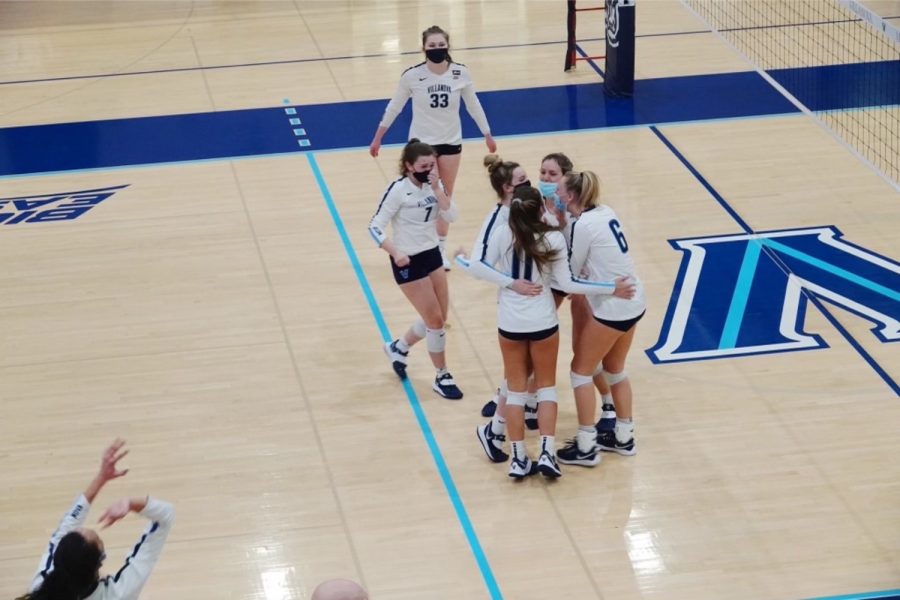
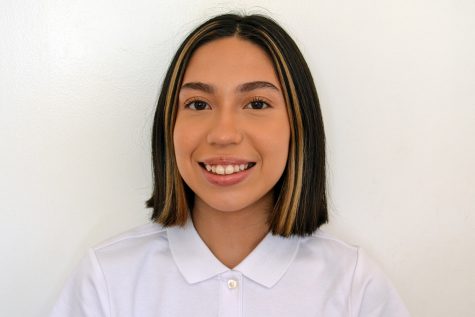

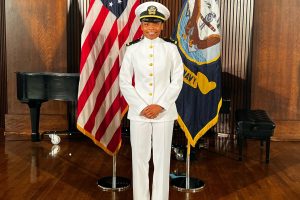



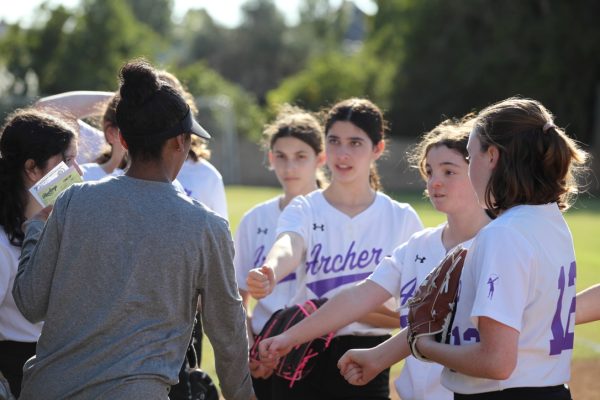
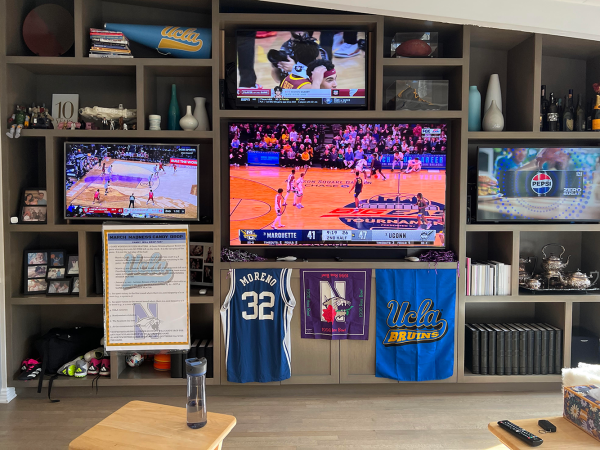
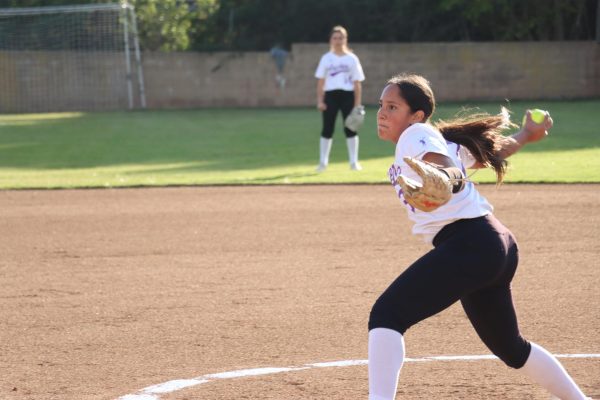
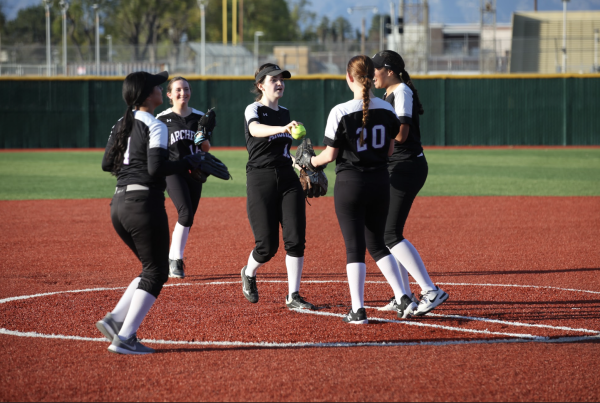
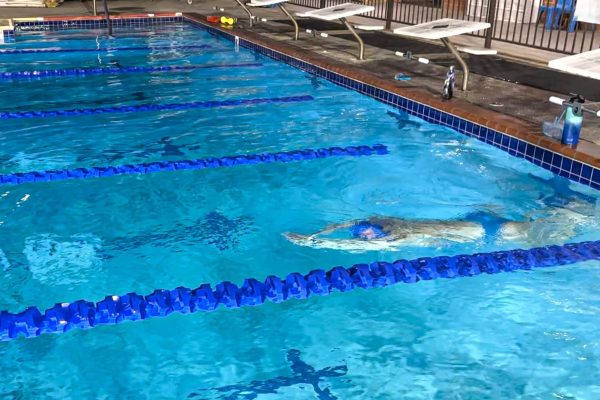
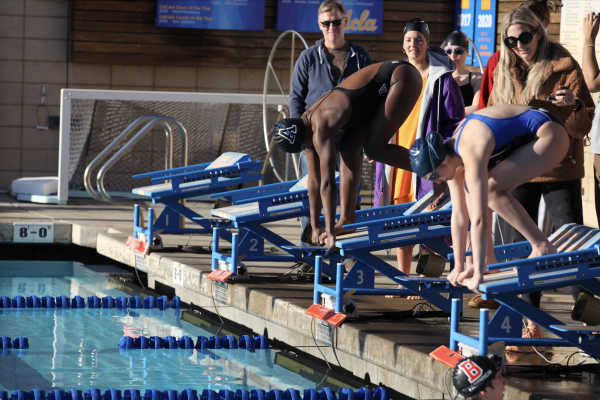
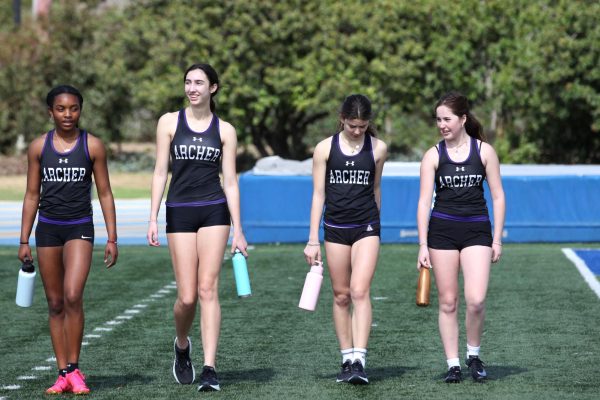

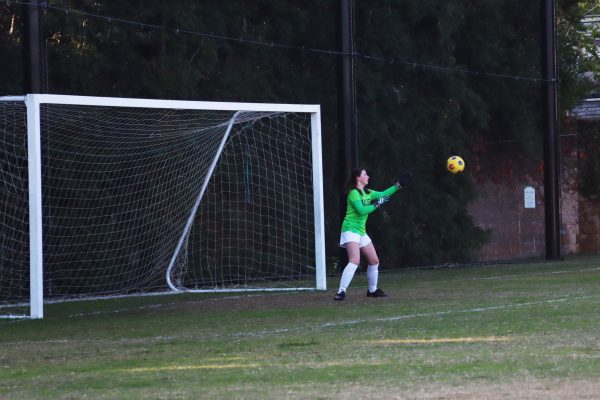
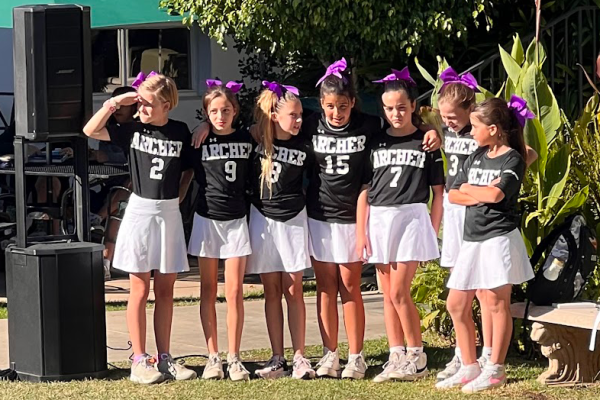
Beth Gold • Jun 1, 2021 at 8:32 am
Thanks for giving us this update on Andrea, Nia and Amelia! I enjoyed getting a peek into their lives as athletes at the collegiate level and especially how they have fared during the pandemic. It is heart warming to read how they feel like their Archer experience helped them prepare for college in terms of confidence, independence and resilience! Great choice of topics Andrea!